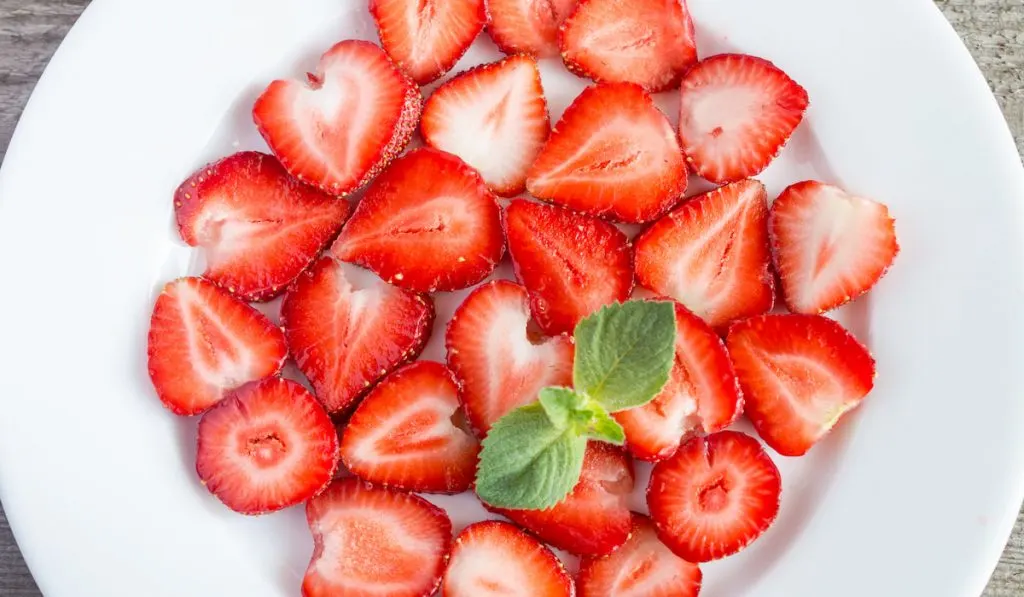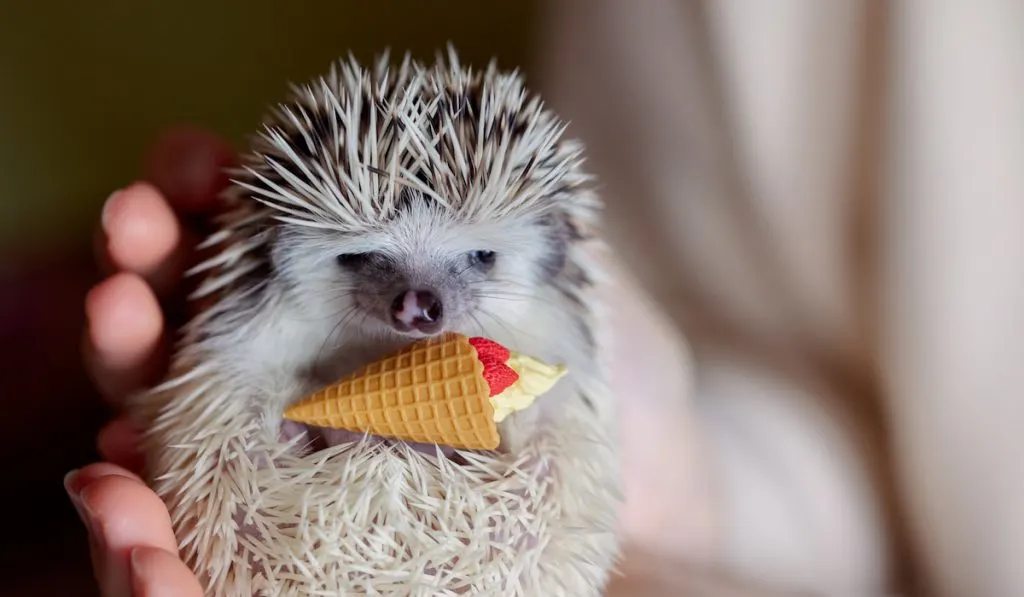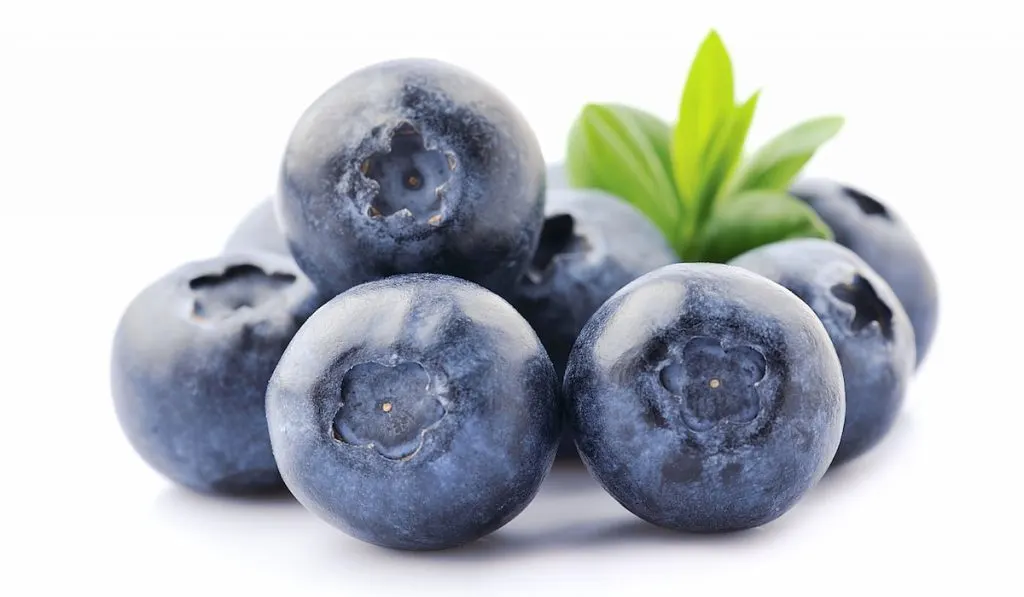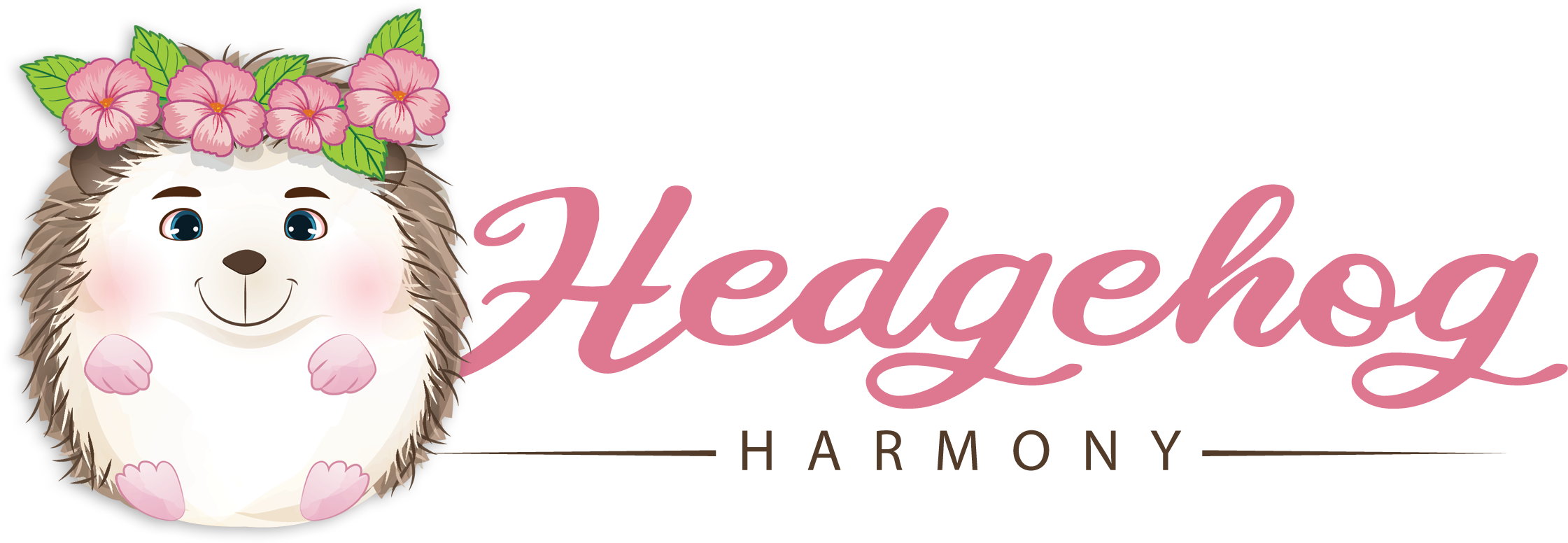Hedgehogs can indeed eat strawberries. You may have spotted your pet eating a strawberry and perhaps got concerned for its health, or you could be considering giving a strawberry to your hedgehog as a treat.
Some may, however, argue that strawberries are not good for hedgehogs so it is good to check with your vet or breeder before giving them to your hedgehog (Source).
Since they are delicious, sweet, and juicy, strawberries could be the perfect treat. Let’s take a detailed look into strawberries as part of a hedgehog’s diet.

Nutritional value of strawberries
Strawberries are a very rich source of vitamin C and manganese, as well as a sizable amount of vitamin B9 and potassium.
These minerals contain antioxidants and plant compounds, which just like in humans, may help keep the hedgehog’s heart healthy, and be helpful in controlling blood sugar levels.
Generally, strawberries are composed of 90% water and serve as a perfect source of hydration. The rest consists of carbohydrates, proteins, and even fat. Below is a breakdown of nutrients in 100 grams of raw strawberries.
- Water – 90%
- Calories – 32
- Protein – 0.7 grams
- Sugar – 4.9 grams
- Carbs – 7.7 grams
- Fiber – 2 grams
- Fat – 0.3 grams
Carbs
In most berries, carbs come from sugars such as fructose, glucose, and sucrose, but also contain fiber.
Strawberries are mainly composed of water, meaning that the total carb content is a bit low (7.7 g/100 g), and the amount digestible for the same portion is 6g, implying that they cannot be responsible for any spikes in blood sugar levels.
In case you overfeed strawberries to your hedgehog, these carbs may accumulate to toxic levels and the hedgehog may develop diabetes, among other digestive issues like diarrhea because they are not used to digesting these sugars.
Vitamins and minerals
The most common vitamins and minerals in strawberries are:
- Vitamin C– Strawberries are rich in vitamin C, an antioxidant that maintains the body’s immune system and keeps the skin healthy.
- Folate (vitamin B9) – This is responsible for normal cell function and tissue growth for the hedgehog.
- Manganese– Strawberries contain manganese which is important for normal body functions.
- Potassium– This mineral is important for normal body functions too, such as the regulation of blood pressure.
Strawberries also provide other minerals such as copper, magnesium, iron, phosphorus, and other vitamins.
Health benefits of strawberries to hedgehogs
Strawberries contain less sugar than other fruits. They are, therefore, good for hedgehogs because they will not tamper with their blood sugar levels. Unlike other berries and fruits with higher natural sugar levels, like blueberries, strawberries are sweeter, and the hedgehog will definitely like it.

Strawberries are a good source of vitamins, especially vitamin C and a small amount of vitamin B9. Others include antioxidants (polyphenols), which neutralize reactions and free radicals in the body that may cause harm or any other discomfort to the hedgehog.
Let’s take a look at the three main important health benefits of strawberries to hedgehogs.
- Rich source of vitamin C.
In every 100 grams of strawberries, there is an average of 58.8 milligrams of vitamin C. This vitamin is necessary for the growth, repair, and development of worn-out and growing tissues in the body.
This includes the strengthening of the immune system, maintenance of worn-out teeth and bones, healing of cuts and wounds, among other growth and development factors for hedgehogs.
- Low levels of natural sugar.
There have been instances of obese hedgehogs, and most vets relate the problem to high levels of natural sugars that might be in their diets. This is not good since the hedgehog may find it difficult to curl up for defense when the need arises.
Strawberries, however, contain less natural sugar than most fruits and are recommended given how easily hedgehogs can become obese.
In every 100 grams of strawberry, there is an average of 4.89 grams of natural sugar, compared to other fruits that have higher sugar levels. Strawberries are a better treat for hedgehogs.
- Source of fiber.
Strawberries contain 2 grams of fiber in every 100 grams. They are a rich source of fiber, which is essential in aiding digestion and ensuring the formation of a healthy stool.
How to prepare strawberries for hedgehogs.
- Remember to always clean fruits and berries before consumption by both humans and animals. Clean water washes away any and all particles of dirt and insecticide, including other chemicals that might be on the strawberries.

- Slice the strawberries, while removing the seed-covered sides (although it’s also fine if they eat the seeds), into small, sizable, and manageable chunks, that can be comfortably chewed to avoid instances of choking. Some hedgehogs might have dental problems and this will help them.
- Mushy strawberries are avoided because they have started losing their water content. Those that have darkened and got mold on them are not advisable either, since they may have started fermenting, and this may bring health problems to the hedgehog.
- Dried fruits are totally unacceptable for a hedgehog’s diet since they contain preservatives. After a while, these preservatives may accumulate to higher toxicity levels and can cause health complications. When a berry is dried, the water is completely removed and the sugar may increase even up to a double rate, by the weight of the fruit. A raw and fresh berry would have less sugar.
How many strawberries should be fed? And how often?
- In quantity, approximately 2/3rd of the berry is just enough for a single feed.
- How often do you treat your hedgehog with strawberries? 1 – 2 times a week is recommended, with all factors considered. It also depends if you feed it other berries, fruits, and foods with high sugar levels or others with unbalanced calcium to phosphorus ratios, then even once every two weeks is advisable.
- Compared to other fruits, strawberries have a lower sugar level. However, since they do have some sugar you should be careful not to give them too much on a daily basis. Calcium to phosphorus levels is also a factor for consideration for how often to feed the strawberries.
Risks of overfeeding
Just like most fruits and berries, strawberries have a poor and unbalanced ratio of calcium to phosphorus levels and should be fed to a hedgehog with caution, despite all the nutritional benefits.
Most animal nutritionists, experts, and vets recommend that for every one unit of phosphorus consumed by the hedgehog, an equal unit of calcium should be consumed, that is in a ratio of 1:1.
This is a shortcoming for strawberries as they contain 16 mg of calcium and 24 mg of phosphorus per 100 g, giving them poor calcium to phosphorus ratio.
Strawberries can, however, be fed alongside other hedgehog food with good calcium to phosphorus ratios, such as brambles, hedgehog biscuits, or high-quality cat/dog food, turnips, vegetables like carrots, and even lemons.

Other fruits hedgehogs can eat
Besides strawberries, other fruits such as apples, bananas, melon, blueberries, raspberries, cherries, and pears are good for your hedgehog. They should, however, be given in moderation to avoid the accumulation of sugars to a toxic level that may cause health issues.
Remember that every fruit is subject to approval by a certified expert or a vet, to avoid health complications.
Resources
- https://fdc.nal.usda.gov/fdc-app.html#/food-details/167762/nutrients
- https://www.healthline.com/nutrition/sucrose-glucose-fructose
- https://animalhype.com/pets/can-hedgehogs-eat-strawberries/
- https://www.medicalnewstoday.com/articles/320078
- https://www.petsugargliders.com/ccpratios.php
- https://www.sciencedirect.com/science/article/abs/pii/
- https://www.rosecityhedgehogs.com/feeding_your_hedehog.html
- https://africanpygmyhedgehogs.com/2019/09/18/what-vegetables-can-pygmy-hedgehogs-eat
- https://africanpygmyhedgehogs.com/2019/09/07/what-fruit-can-pygmy-hedgehogs-eat.
- https://pocketpetsforever.com/can-hedgehogs-eat-strawberries/
